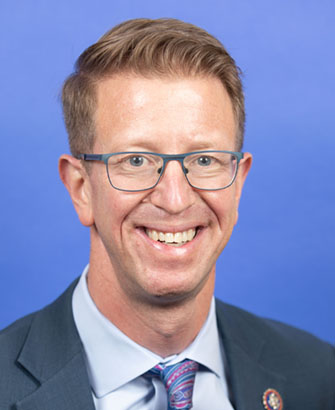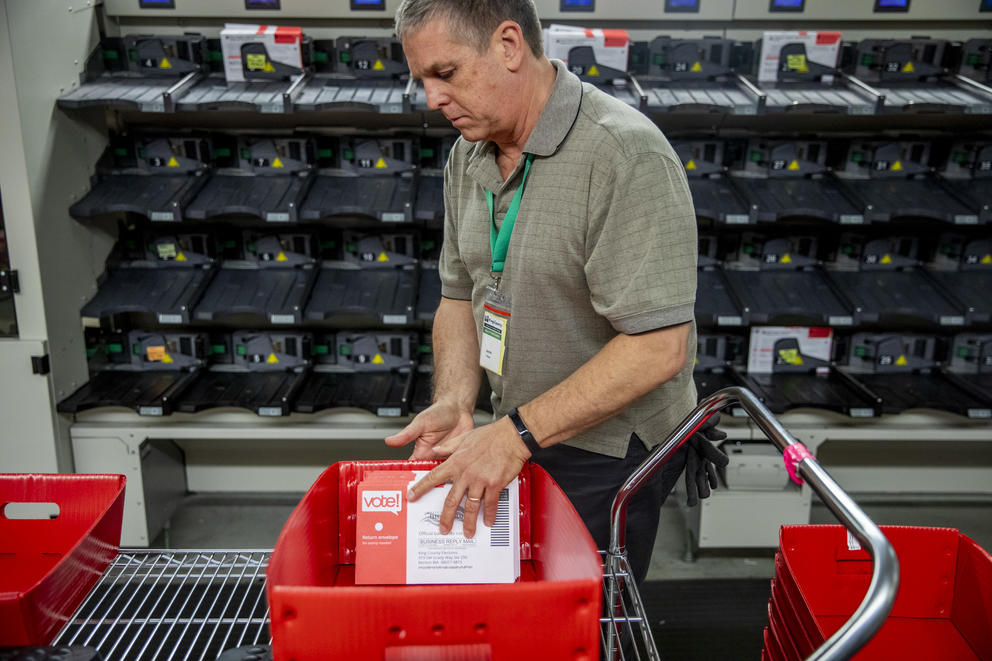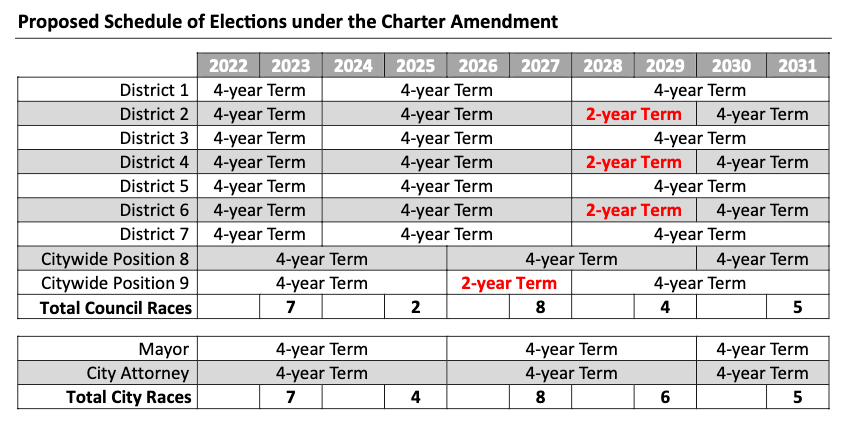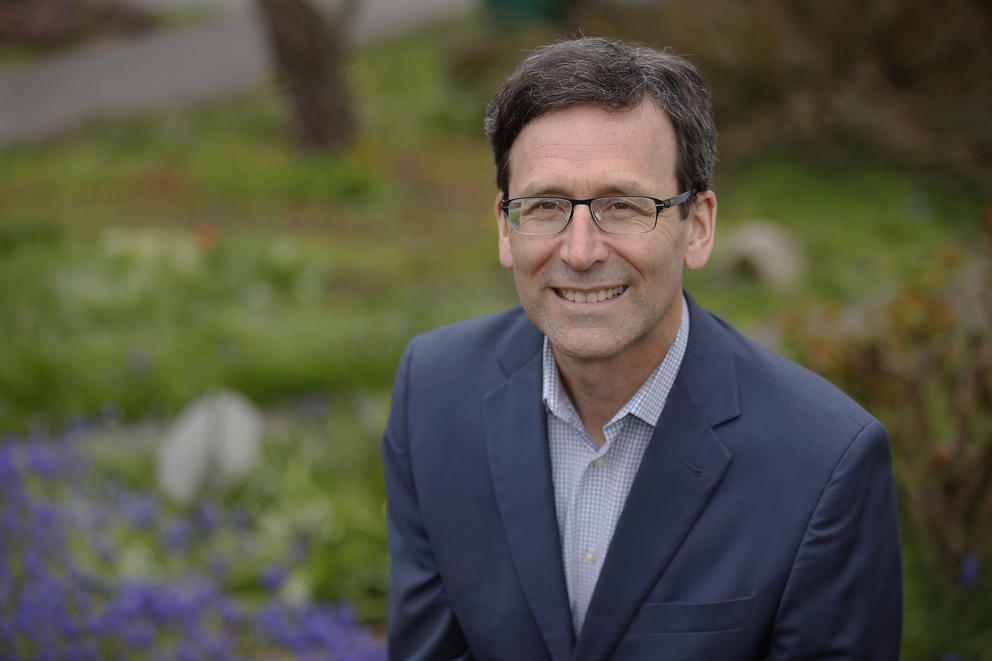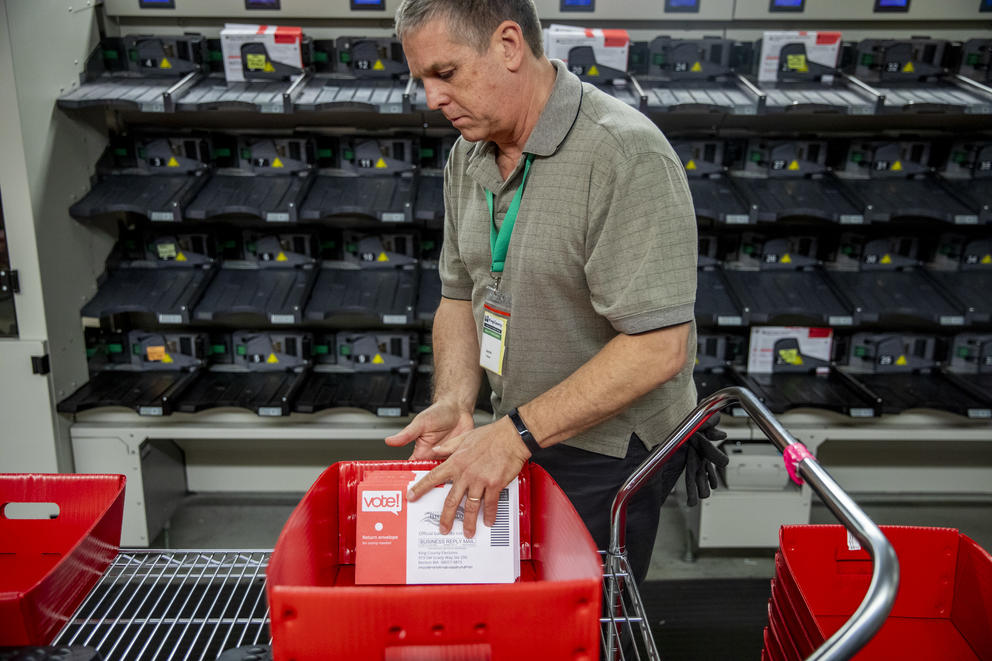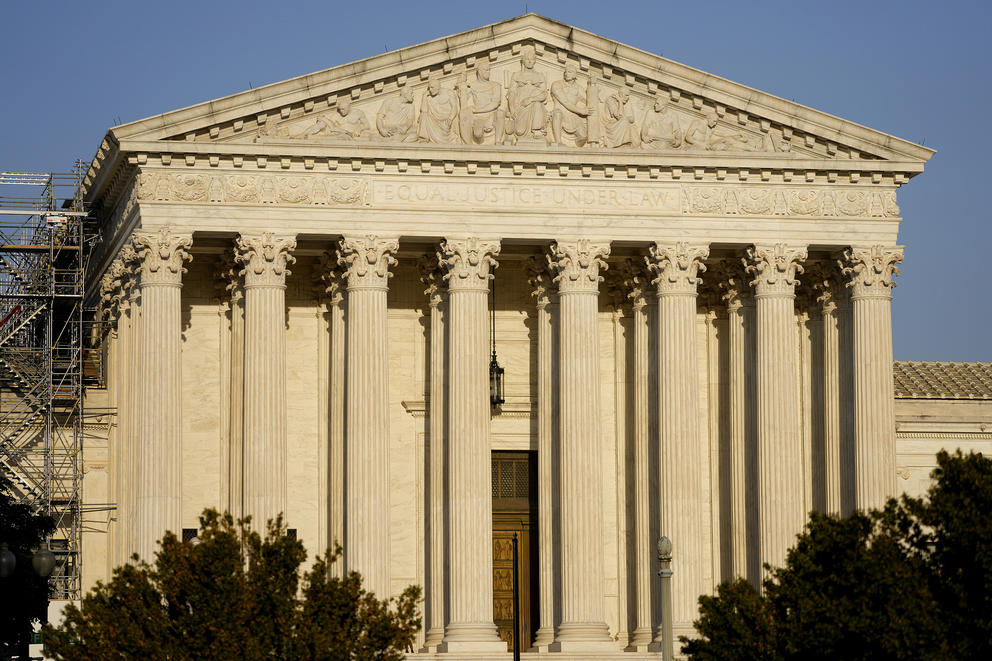Hilary Franz drops WA governor bid to run for U.S. Congress
Twice elected state commissioner of public lands, Franz has been running for governor in a crowded field that includes Attorney General Bob Ferguson.
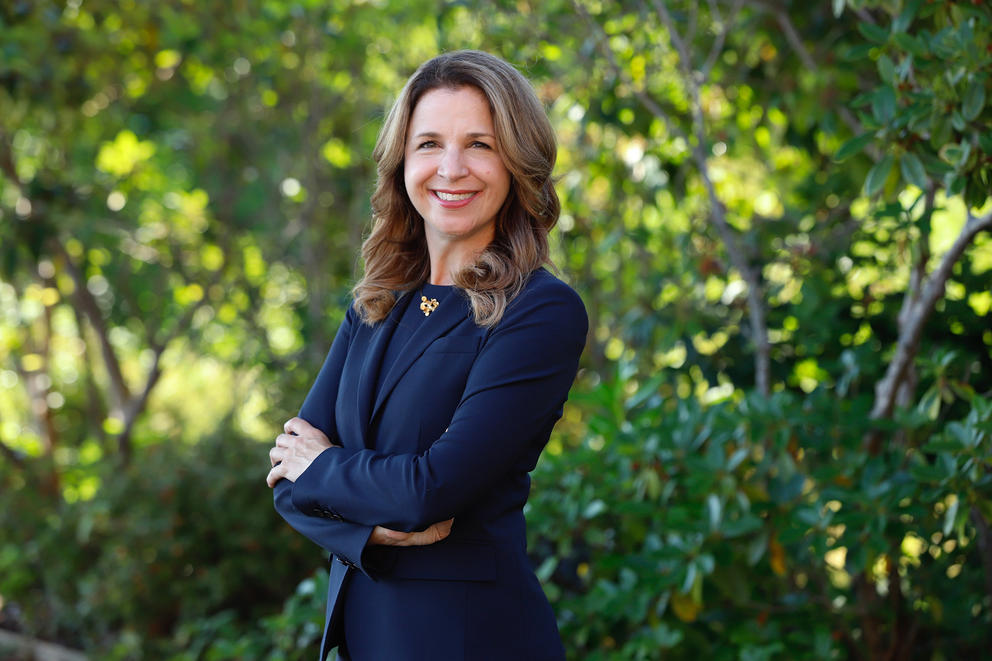
Washington's Commissioner of Public Lands Hilary Franz. (Courtesy of Steve Dipaola/Franz Campaign)
Washington Public Lands Commissioner Hilary Franz is switching from running for governor to running for U.S. Congress in the wake of Rep. Derek Kilmer’s announced retirement.
The moderate Democrat, first elected representative in 2012 from Washington’s 6th Congressional District, announced Thursday that he wouldn’t run for another term.
In a statement Friday through Franz’s campaign, Kilmer offered his endorsement.
“As lands and wildfire chief, Hilary Franz has proven herself to be a bold, strategic leader with a track record of bringing people together from across the state and from different backgrounds to find solutions to our shared problems,” Kilmer said in prepared remarks. Twice elected statewide as state commissioner of public lands, Franz has been running for governor in a crowded field that includes Democratic state Attorney General Bob Ferguson and Dave Reichert, Republican and former member of Congress.
In her campaign statement, Franz touted her time serving in the district between 2008 and 2011 as a member of the Bainbridge Island City Council.
“Over the last few months, I’ve talked to voters in every corner of Washington and heard the same concerns – rising prices for necessities like housing pushing families out of the middle class, protecting reproductive freedom and women’s rights, safeguarding our democracy, supporting our veterans and military families, and the climate crisis bearing down on us,” said Hilary Franz.
The statement also announced a slew of other endorsements for Franz, including from Tacoma Mayor Victoria Woodards; Kitsap County Commissioner Christine Rolfes, also a former state senator; and state Rep. Mike Chapman, D-Port Angeles.
Washington’s 6th Congressional District includes the Olympic Peninsula and stretches over Puget Sound to include parts of Tacoma.
Though she has been previously registered to vote in Seattle, Franz bought a home in the congressional district – in Grays Harbor County – in 2022, according to Franz spokesperson Jack Sorensen.
“Has had a home and spent much of her time there for a while,” Sorensen wrote in an email. “That’s her voting address, and she voted there in this election.”
“The house in Seattle you’re referring to has actually been rented out for a while,” he added.
In the hours after Kilmer announced, two state lawmakers have also said they were considering bids: Democratic Sen. Emily Randall of Bremerton and GOP Sen. Drew MacEwen of Union.

